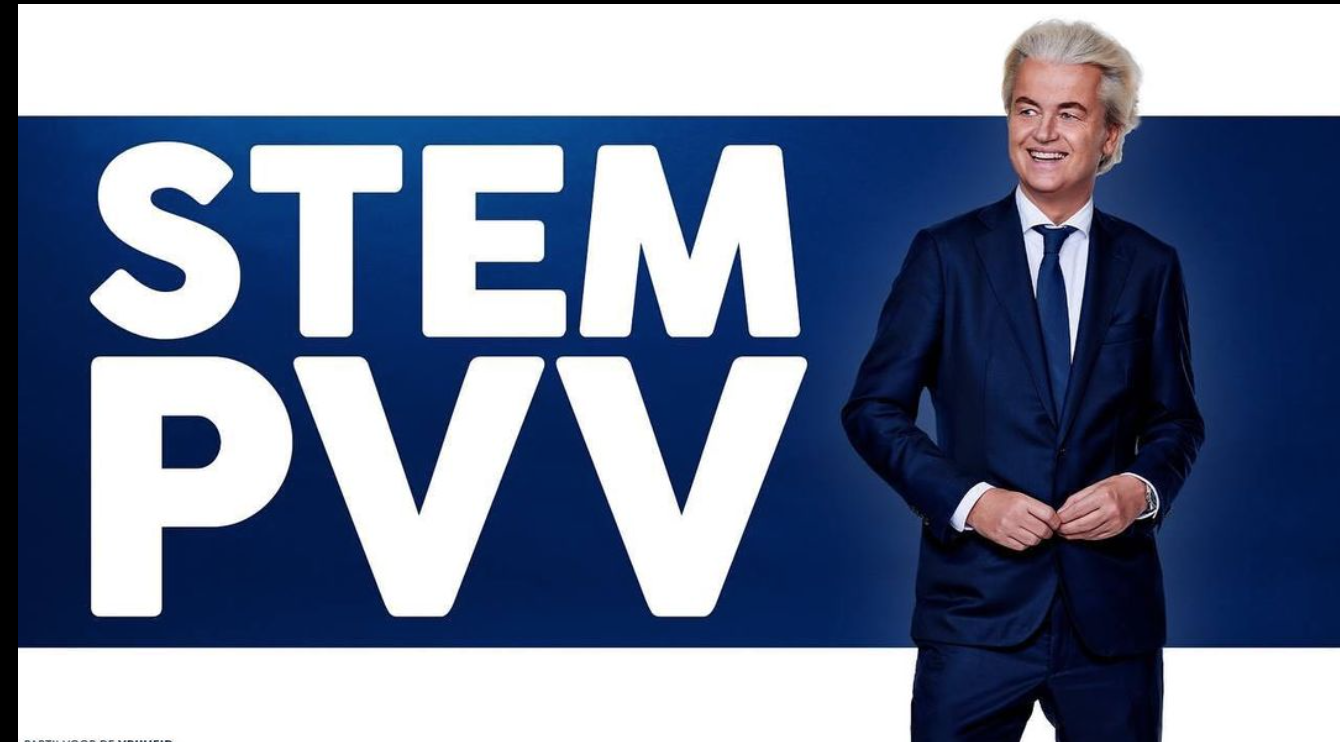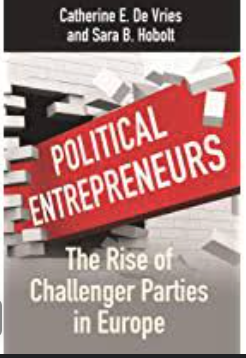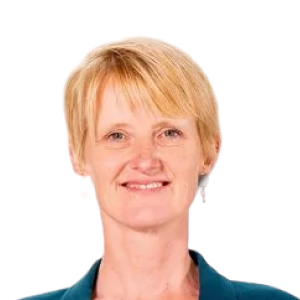A Political Earthquake in the Netherlands and What It May Mean
Whatever comes out of this election result, Dutch politics has become more volatile and complex in the coming years. This will likely have consequences not only for the Netherlands but also for the EU

The run-up to the Dutch elections, on November 22, did not receive that much attention in the international media, but the outcome changed all that.
The exit poll announced at 9 pm on Election Day not only sent shockwaves through the Dutch political establishment but also through international media outlets.
For the first time in Dutch history an extreme right party, the Party for Freedom, became the largest party.
The leader of the Party for Freedom, Geert Wilders, is an eccentric politician known for his inflammatory rhetoric. Not only does he advocate the Netherlands leaving the European Union (EU), he has called Islam a "fascist religion" and warned against the "tsunami of Islamization".
In 2011, he faced trial for inciting discrimination and racism through his rhetoric but was acquitted.
While polling leading up to the election had suggested that the Wilders' Party for Freedom could become the largest party, they predicted it to be on equal footing with the mainstream left and right. This did not materialize.
The Party for Freedom clearly became the largest party, clearly ahead of its competitors. A rightwing newcomer, the New Social Contract, founded by former Christian Democratic member of Parliament Pieter Omzigt also did really well.
Omtzigt, like Wilders, sees immigration as one of the culprits of problems facing the Netherlands, such as growing concerns about congestion in public services, a lack of affordable housing, and further infringement of citizens’ rights through climate action coming from The Hague. But Omzigt is critical of Wilders' inflammatory rhetoric that seems to advocate breaches in the rule of law.
The Dutch election results are similar to the results of the Italian elections last year. It was a clear win for the Italian right-wing block, with the extreme right-wing party, the Brothers of Italy, coming out as the strongest force.
After the September 2022 elections, Italy got two firsts: the most ideologically right-wing government since the Second World War and the first woman as Prime Minister, Giorgia Meloni.
It is of course still an open question whether there will actually be a right-wing coalition with the extreme right PVV in the Netherlands, but one thing is certain, it will take much longer before we know that. Coalition building in Italy is a matter of weeks, while in the Netherlands it takes many months.
The ideological slant of the Party of Freedom of Wilders itself also shows affinity with the Brothers of Italy of Prime Minister Meloni. Both are seen as political outsiders that first and foremost put immigration at the heart of political discussion. But there are also differences.
First, the Party for Freedom's EU position: Wilders advocates the Netherlands leaving the EU and a referendum on the issue. If a right-wing coalition is formed, it is likely to be more Eurosceptic in the Netherlands, which could have considerable consequences for the EU.
Even when extreme right parties in Europe differ on the question of exit, they agree on transforming the EU into a more intergovernmental body with fewer policy competencies being transferred to the EU level.
Another difference is that compared to the Party for Freedom, the Brothers of Italy are much more socially conservative when it comes to LGBTQIA+ rights or euthanasia, for example. Both of which are established rights in the Netherlands.

Whatever comes out of this election result, Dutch politics has become more volatile and complex in the coming years. This will likely have consequences not only for the Netherlands but also for the EU
The Italian Way
What can we expect from a possible right-wing government in the Netherlands based on experiences in Italy so far? In my book Political Entrepreneurs (Princeton University Press), which I wrote with Sara Hobolt from the London School of Economics, we show that governing changes political parties.
One can say anything from the sidelines, but within a coalition parties bear responsibility for policy.
As a government party, you have to make decisions and weigh up interests and you can only spend money once. Government parties therefore quickly lose their sharp edges in their positions.
In the case of Meloni's government, strong anti-immigration rhetoric was quickly confronted with calls from the business community to address the labor shortage, leading to permits for migrant workers.
While the Brothers of Italy had still campaigned with a Eurosceptic tone during the 2022 election campaign, cooperation was quickly established with Ursula von der Leyen's Commission, especially on migration.
That said, the Italian experience also shows that parties that have become popular by opposing existing politics tend to have one foot in the government and one foot out.
An example of this in Italy has been the leader of the coalition party Lega, Matteo Salvini. Whenever he gets the chance, he wants to profile himself, which does not make governing any easier.
This is only something a junior partner who does not deliver to the Prime Minister is really able to do.
Hence, given that the persona of Wilders has been quite controversial in the Netherlands which decreases his chances of becoming the Prime Minister, he might follow in-and-out of government at the same time strategy.
Whatever comes out of this election result, Dutch politics has become more volatile and complex in the coming years. This will likely have consequences not only for the Netherlands but also for the EU.
A version of this article has appeared on The Conversation.
Catherine De Vries co-authored, with Sara B. Hobolt, the book Political Entrepreneurs: The Rise of Challenger Parties in Europe (Princeton University Press, 2020)

IEP@BU does not express opinions of its own. The opinions expressed in this publication are those of the authors. Any errors or omissions are the responsibility of the authors.
